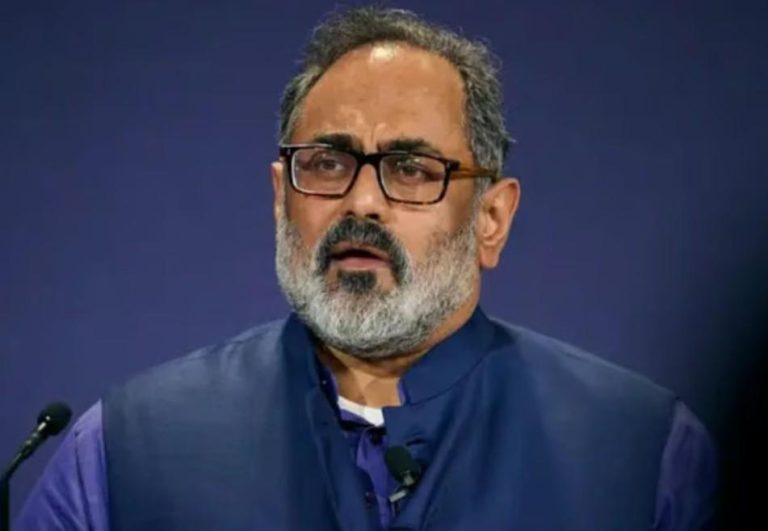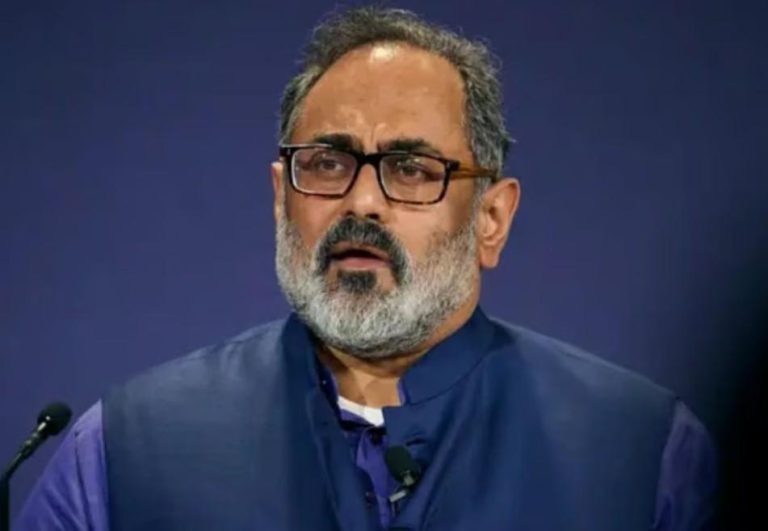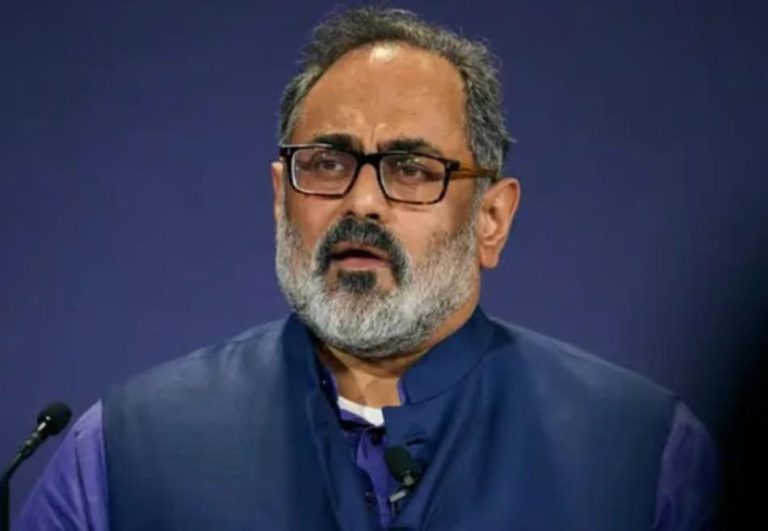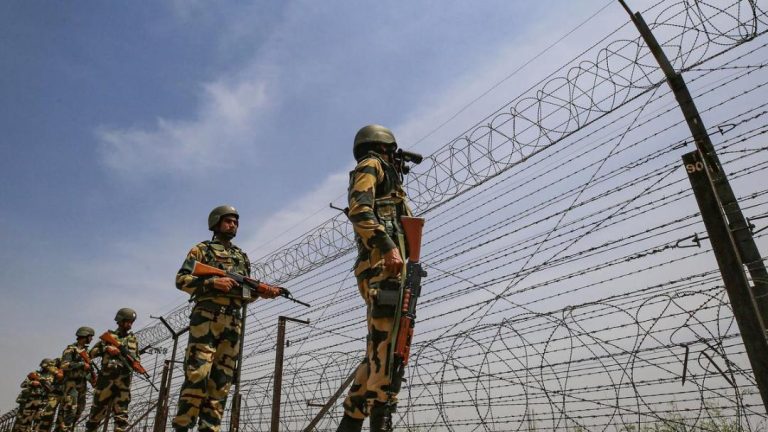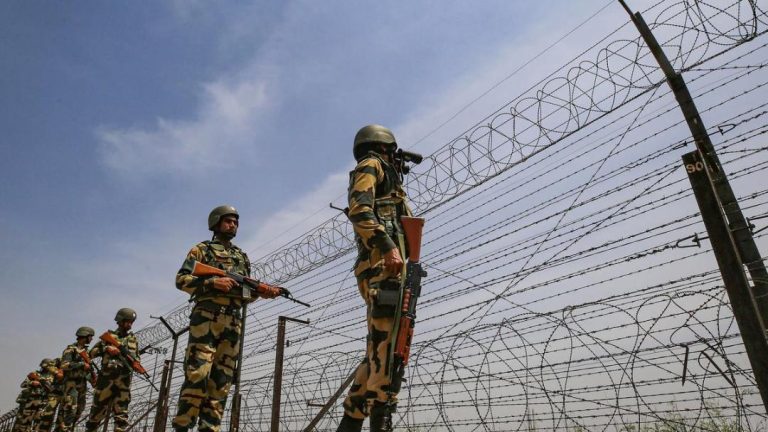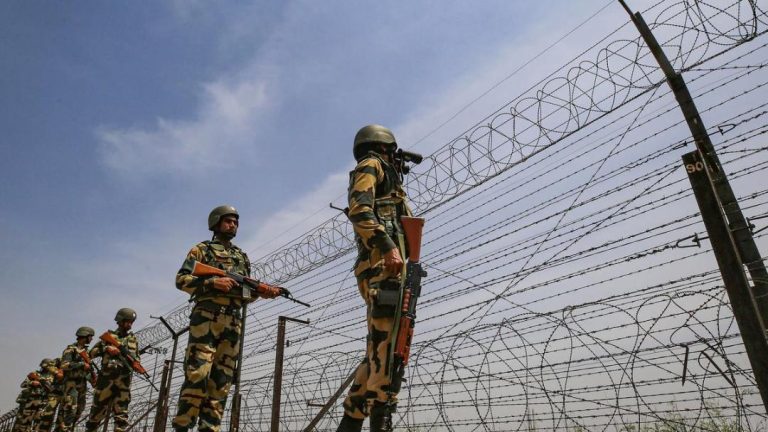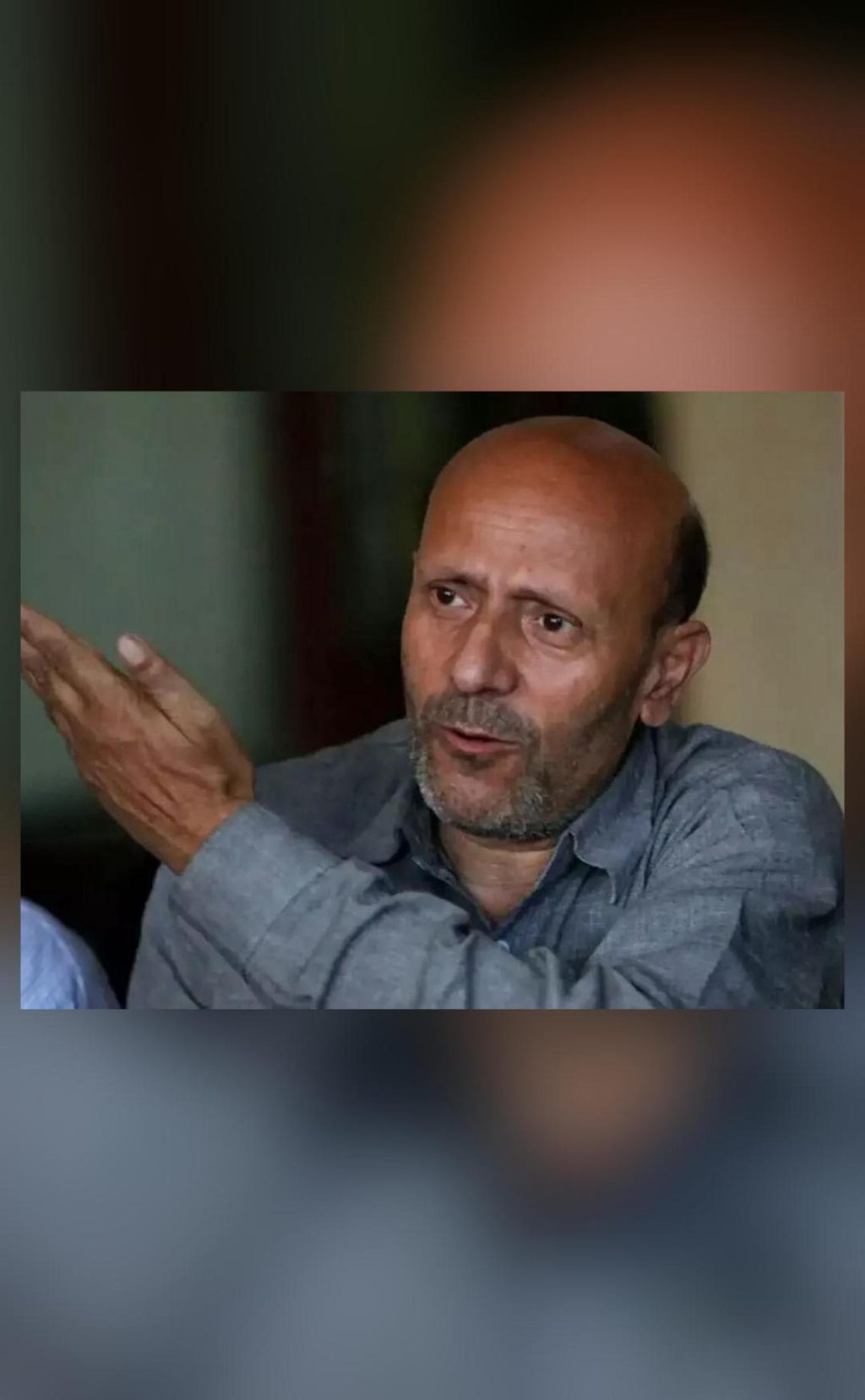
Jailed J&K MP Engineer Rashid gets parole to attend Parliament
In a surprising turn of events, the Delhi High Court has granted two-day custody parole to jailed Baramulla MP Engineer Rashid to attend the ongoing budget session of Parliament. This decision has raised eyebrows, given the fact that Rashid is facing trial in a terror funding case.
Engineer Rashid, a prominent politician from Jammu and Kashmir, was arrested in 2017 by the National Investigating Agency (NIA) for allegedly receiving funds from Pakistan-based terrorist organization Hizbul Mujahideen. He has been behind bars since then, and his trial is still ongoing.
The Delhi High Court’s decision to grant Rashid custody parole came after he filed a petition seeking permission to attend the budget session of Parliament. Rashid, who is a member of the Indian National Congress, argued that he needed to attend the session to participate in the debate and discussion on the budget bill.
The court, while granting the parole, imposed several conditions on Rashid. He will be escorted by police during his stay in Delhi, and he is banned from using phones, the internet, and speaking to the media or anyone else. These conditions are aimed at ensuring that Rashid does not use his parole to influence the trial or engage in any other illegal activities.
Rashid’s parole has sparked a heated debate, with many questioning the decision to grant him temporary freedom. Critics argue that Rashid’s involvement in terror funding is a serious offense, and he should not be given special treatment. Others have pointed out that Rashid’s presence in Parliament could create a distraction and undermine the dignity of the institution.
However, Rashid’s supporters argue that he is an elected representative and has the right to participate in the democratic process. They also point out that Rashid has been cooperating with the investigation and has not been found guilty of any crime yet.
The Delhi High Court’s decision to grant Rashid parole is also seen as a sign of the court’s commitment to upholding the democratic values of the country. By allowing Rashid to attend Parliament, the court is recognizing the importance of parliamentary democracy and the need for elected representatives to participate in the decision-making process.
The case of Engineer Rashid highlights the complexities of the situation in Jammu and Kashmir. While the region is facing a protracted political crisis, the central government is engaged in a high-stakes battle against terrorism and separatist movements. The arrest and trial of Rashid and other politicians are seen as part of this effort to combat terrorism and maintain national security.
However, the situation in Jammu and Kashmir is also marked by human rights abuses and political repression. Many critics argue that the central government’s approach to the crisis is heavy-handed and fails to address the root causes of the problem. The grant of parole to Rashid, despite his involvement in terror funding, is seen as a sign of the government’s willingness to engage with political opponents and find a peaceful solution to the crisis.
In conclusion, the Delhi High Court’s decision to grant Engineer Rashid custody parole to attend Parliament is a complex and controversial issue. While the decision has raised concerns about national security and the integrity of the democratic process, it is also seen as a sign of the court’s commitment to upholding democratic values. As the situation in Jammu and Kashmir continues to unfold, it remains to be seen how the central government and the courts will navigate the complex issues surrounding terrorism, political repression, and human rights.
